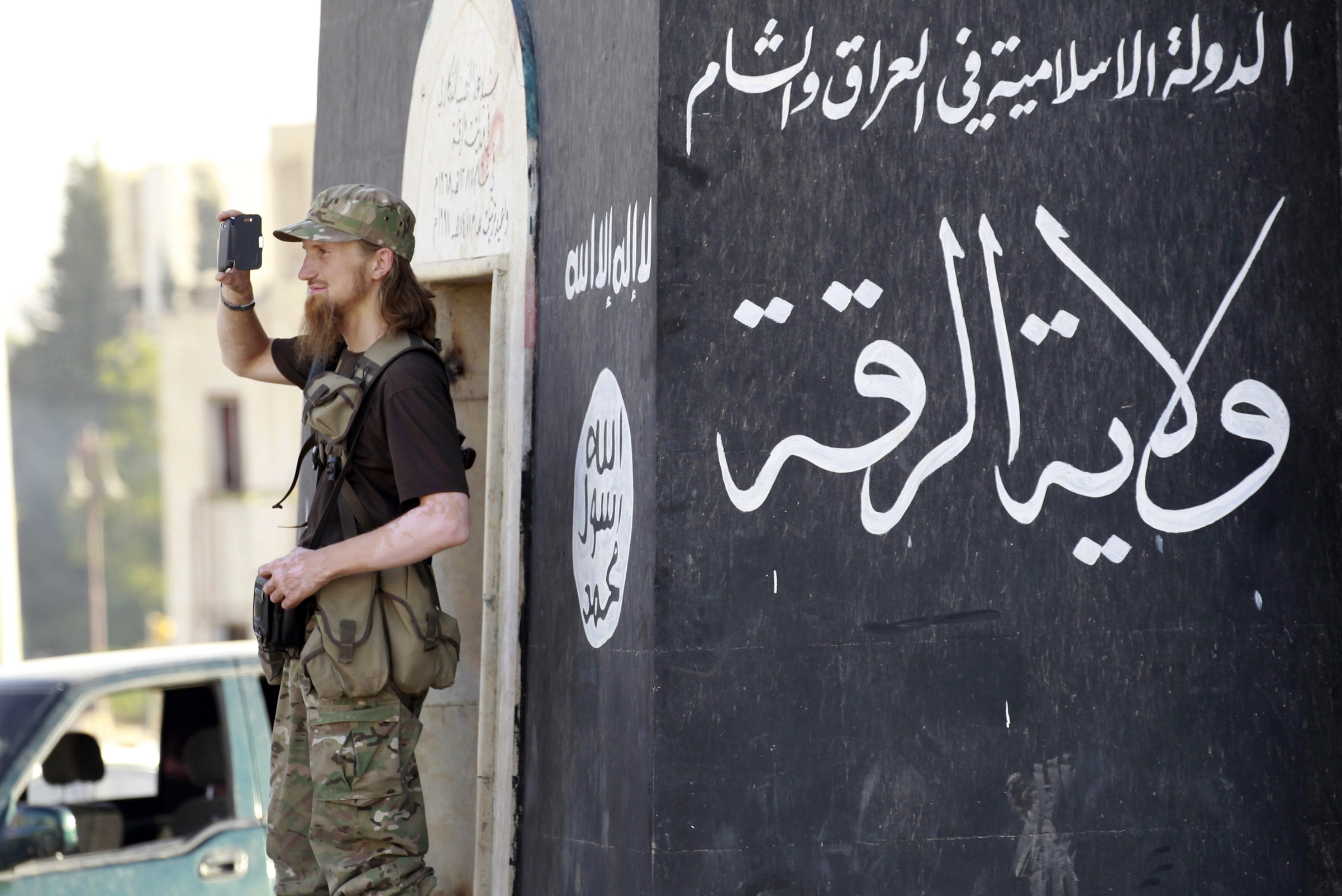
Fighting words: Taking on ISIS in the digital sphere
ISIS has been steadily strengthening its grip on social media and using the Internet for recruitment and to spread propaganda. These are strong weapons in any war. So who is fighting back?
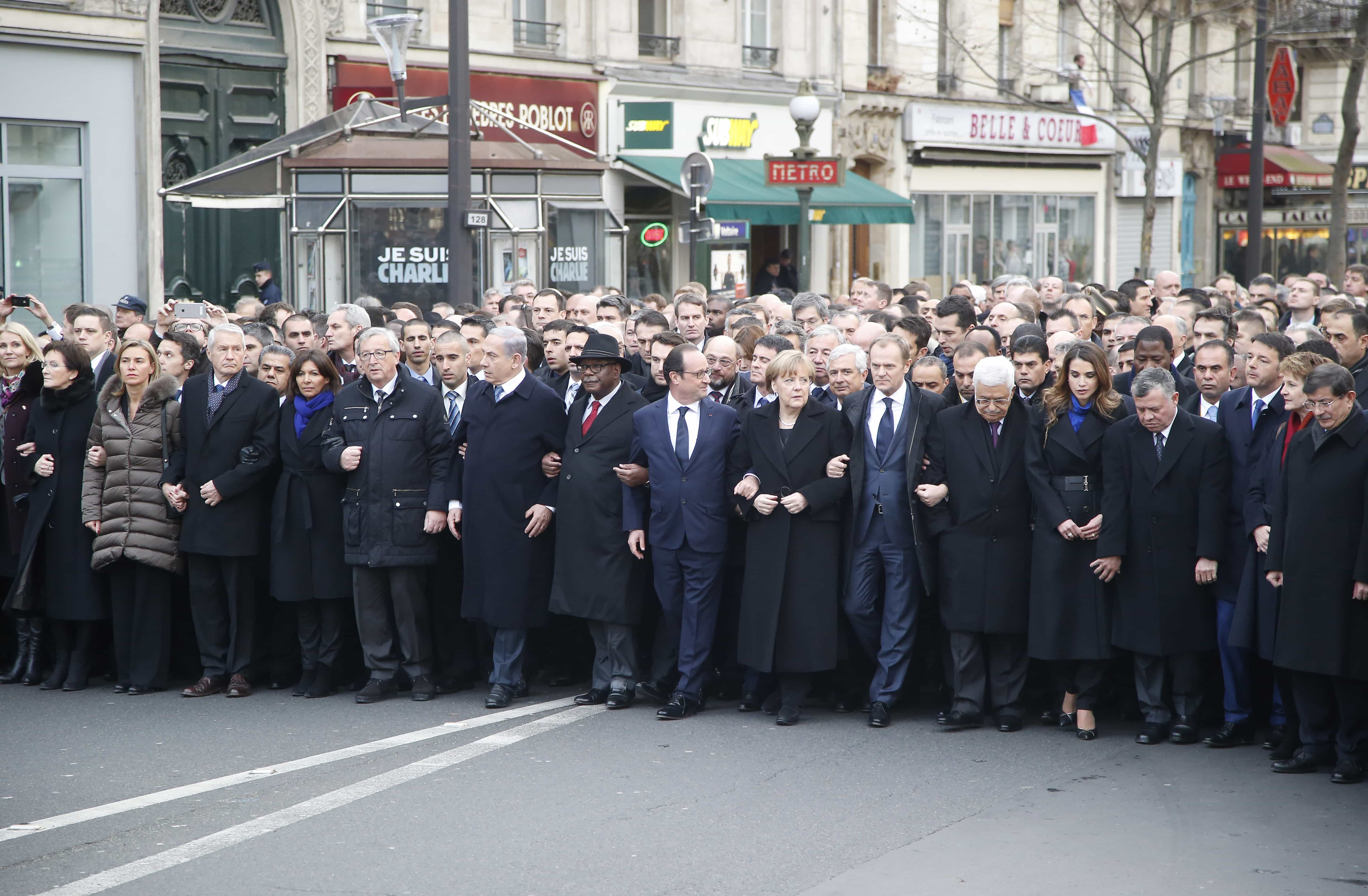
An image deconstructed: World leaders after the Charlie Hebdo attack
In a tribute to the victims of the Charlie Hebdo attacks which killed 10 journalists and 2 police officers, over 40 heads of state joined French President Francois Hollande and up to 1.6 million in a rally of solidarity and a celebration of free expression. Check out our StoryMap detailing how many of those leaders truly champion free expression in their own countries.
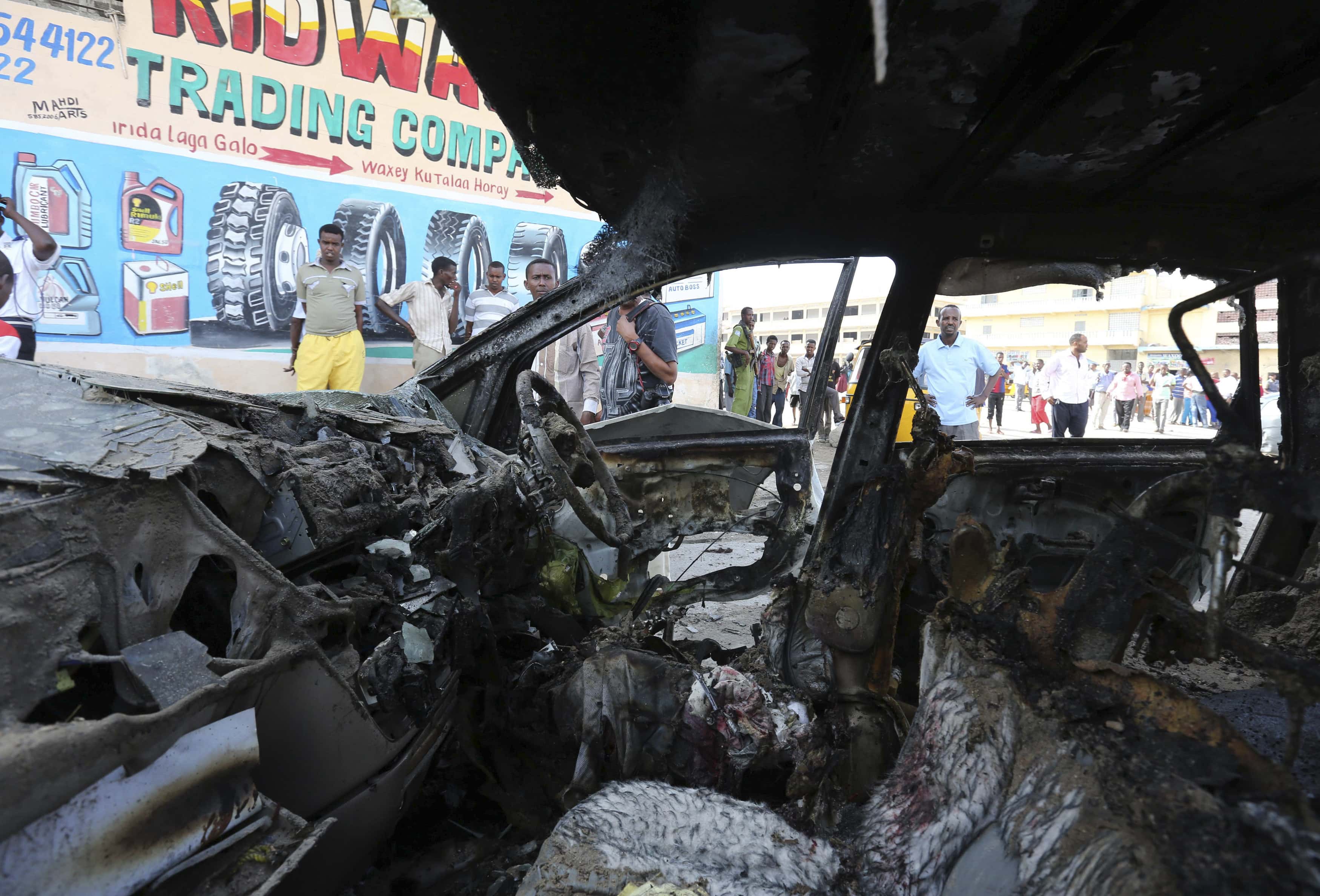
ISIS, Boko Haram, Al-Shabaab: Preying on journalists with impunity
Extremist groups are targeting journalists in Somalia, Nigeria, Iraq and Syria. And the governments who should be protecting reporters seem unable or unwilling to do so.
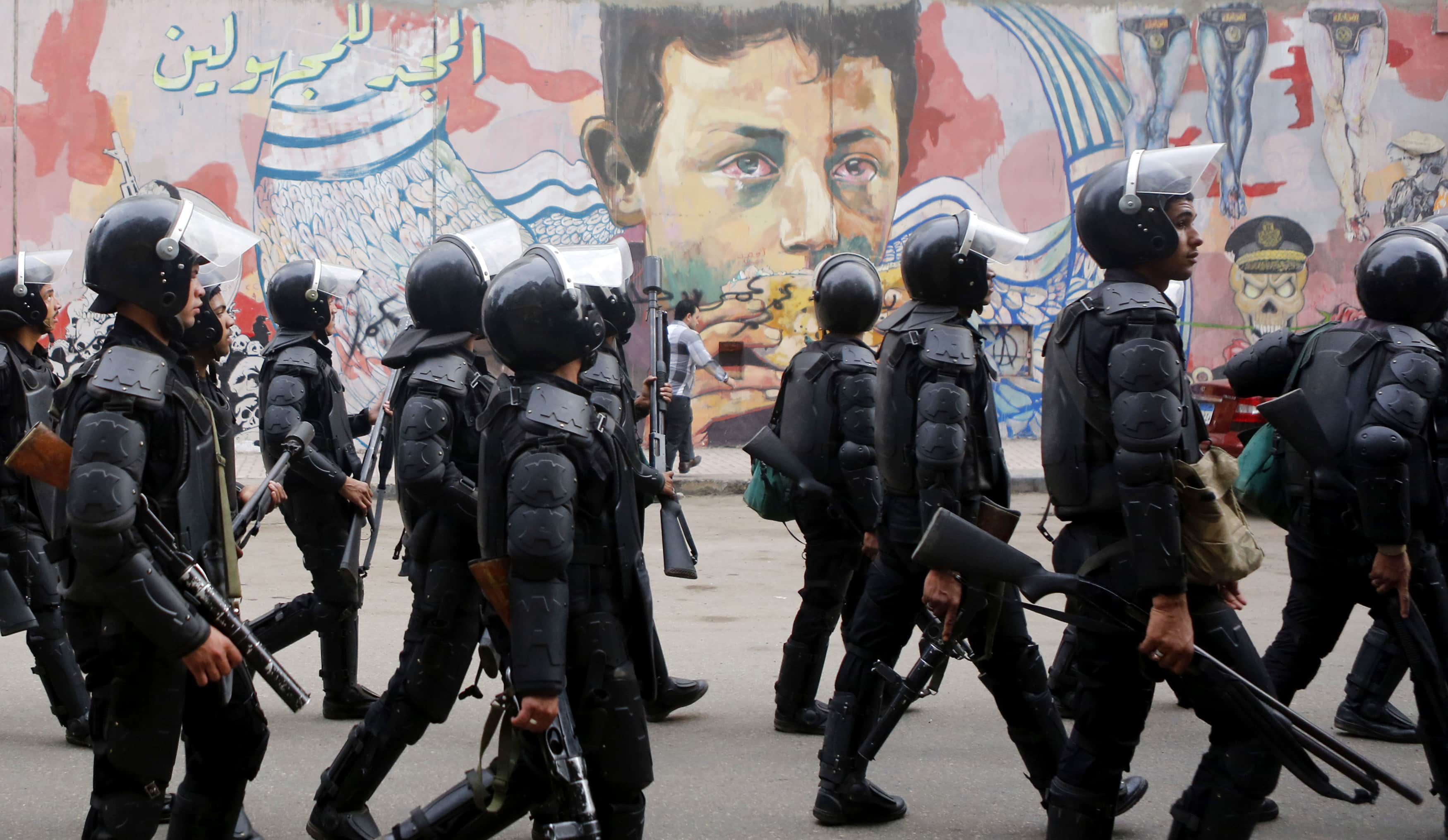
In the name of national security
In light of the rising threat of extremist groups such as ISIS, governments across the Middle East and North Africa are promising their citizens stability and security – but not without a price.
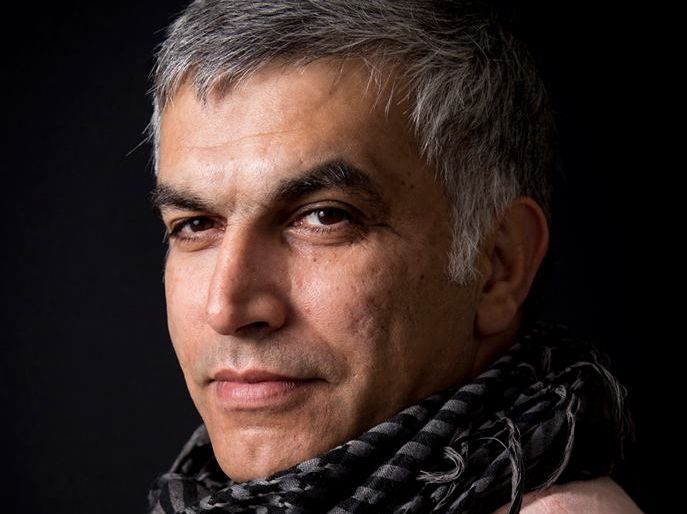
Leading Bahraini rights defender Nabeel Rajab arrested again
Nabeel Rajab was arrested on 1 October 2014 after his return from an international advocacy tour at the United Nations and the European Union.

Alaa Abdel Fattah: A timeline of an Egyptian blogger’s dissent and determination
Alaa Abdel Fattah is an Egyptian blogger, software developer, and an iconic symbol of the 2011 Egyptian revolution. Activism runs in his family. Unfortunately, so does imprisonment.
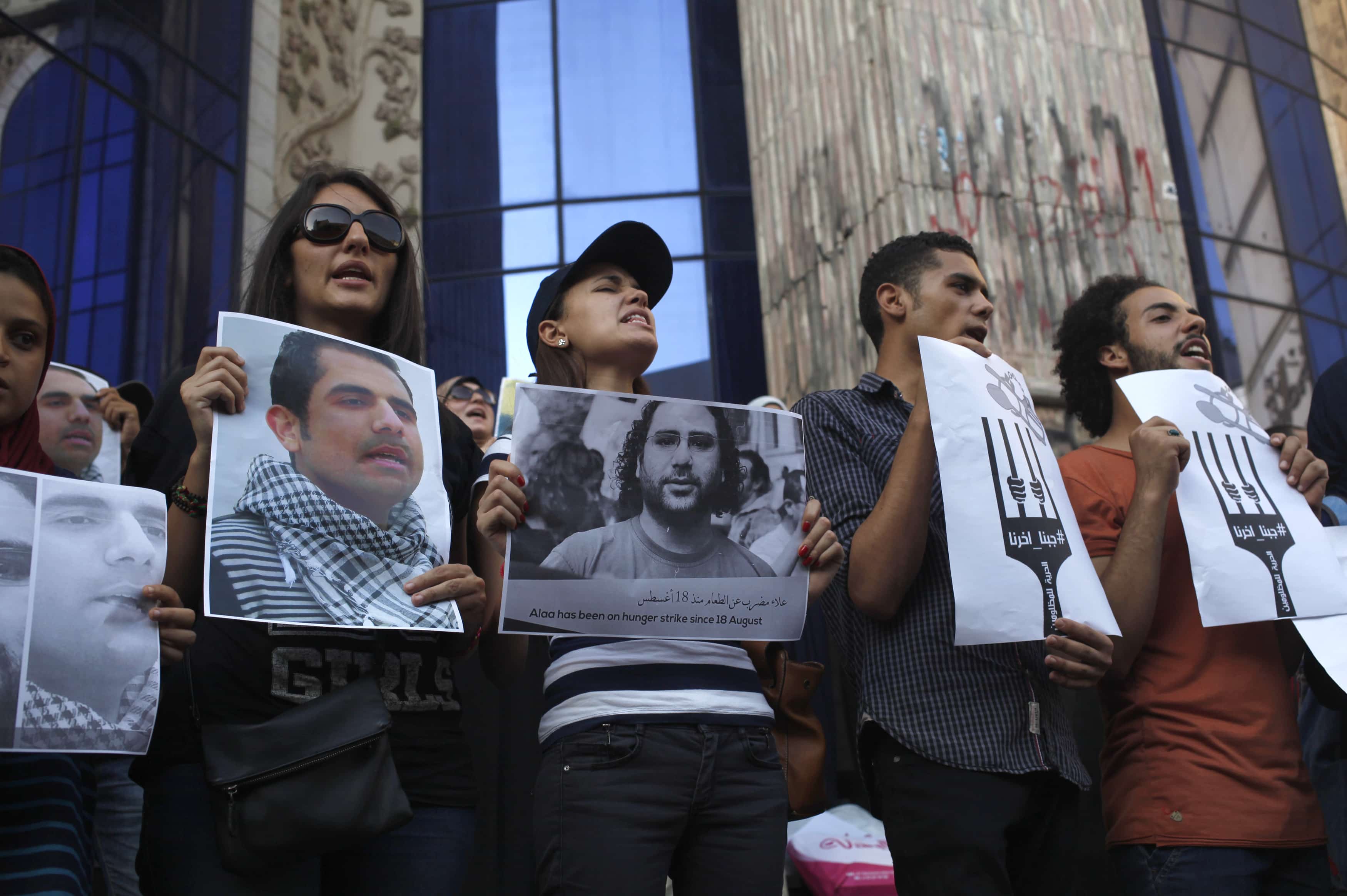
Political detainees in Egypt join Alaa Abdel Fattah and others in wave of hunger strikes
Imprisoned activists across Egypt are going on hunger strikes to protest being deprived of their basic rights.
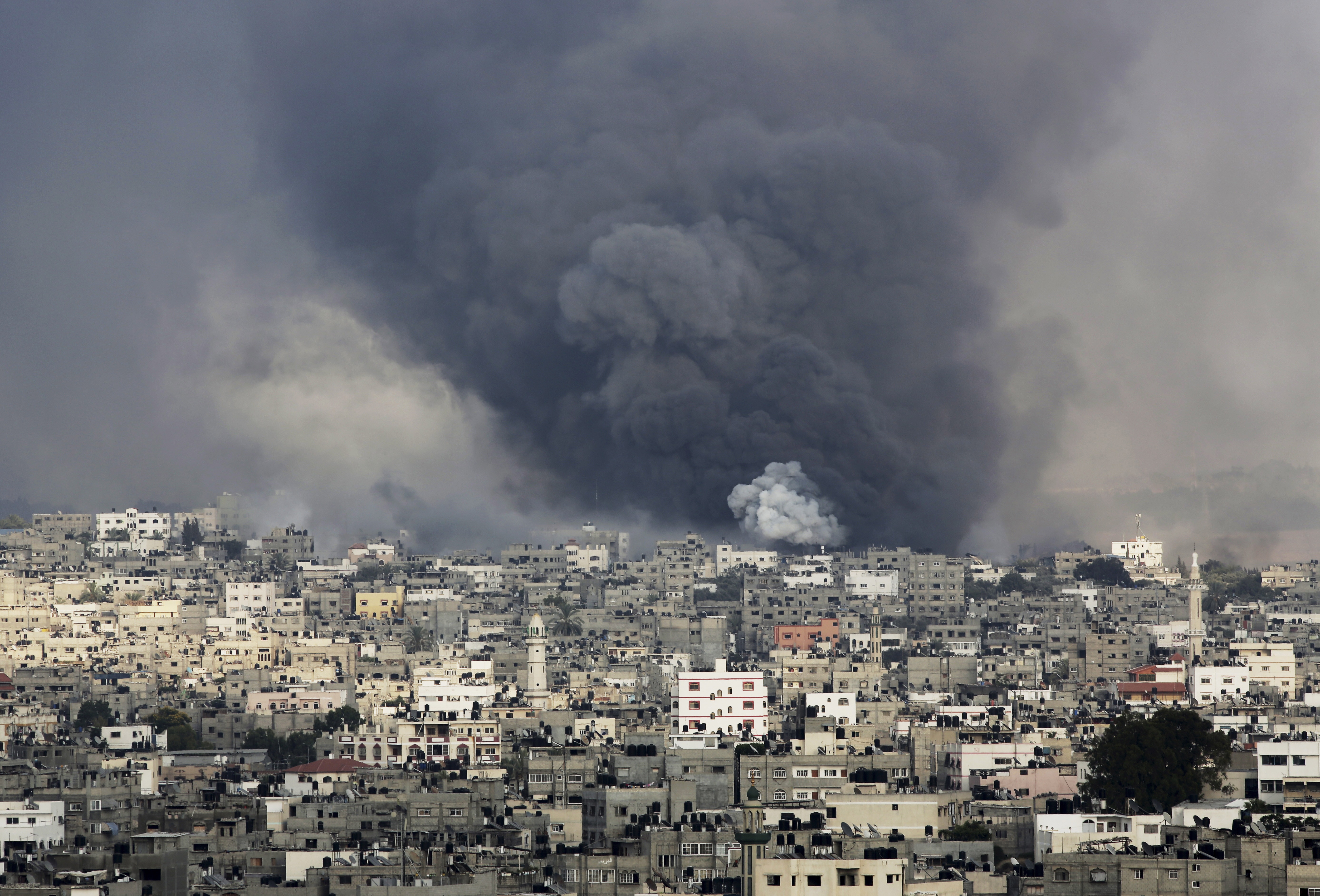
Israel to journalists in Gaza: We are not responsible for your injury
Days after Israel tells journalists it is not responsible for their injury a Palestinian cameraman dies in Gaza. Khaled Hamad is the second media professional to have died since the beginning of Israel’s military offensive on 8 July.
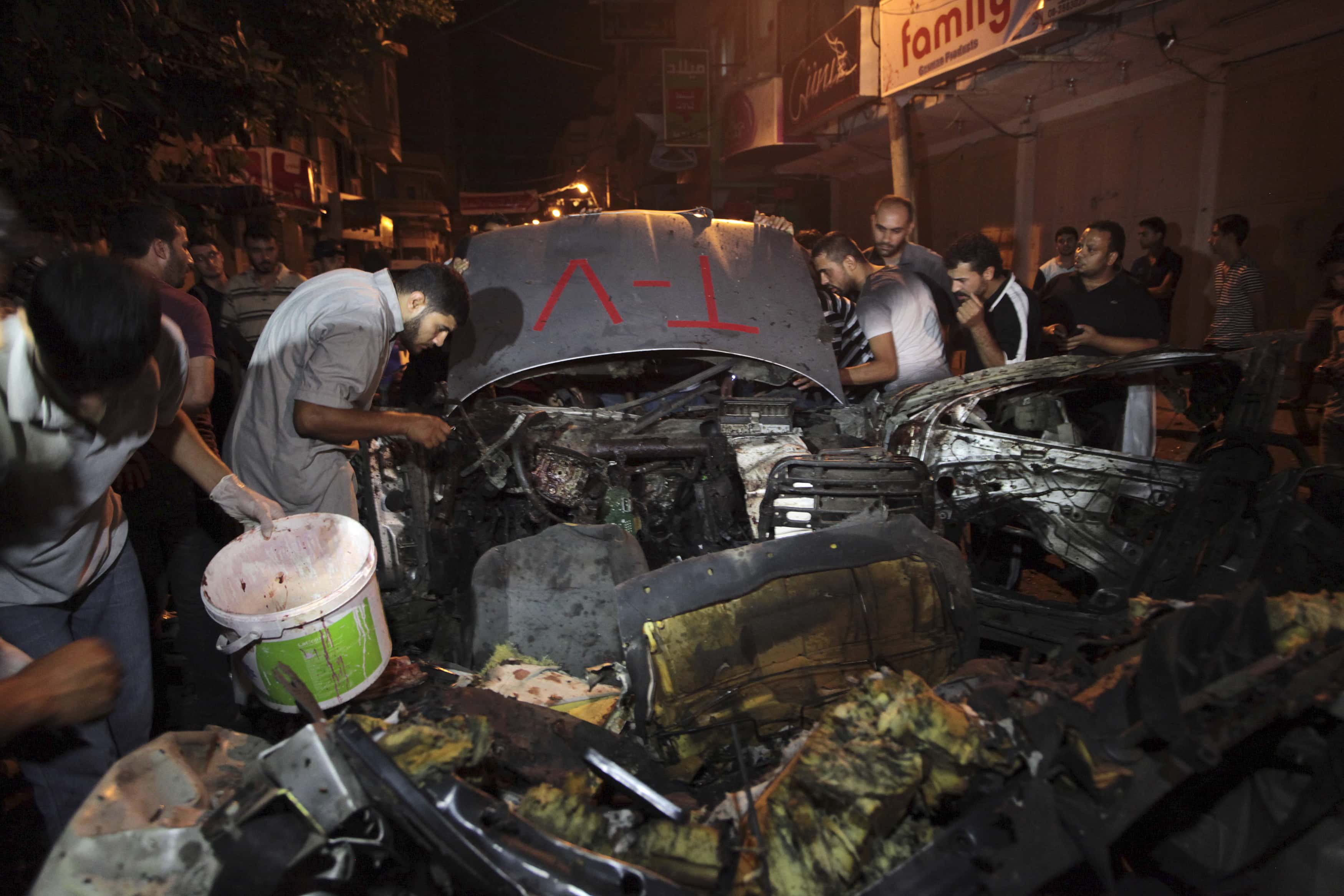
Palestinian media worker dies in Israeli airstrike on clearly marked press vehicle
Hamid Shihab, a 30-year-old driver for the Gaza-based press agency Media 24, was killed in a targeted Israeli airstrike on the night of 9 July 2014.
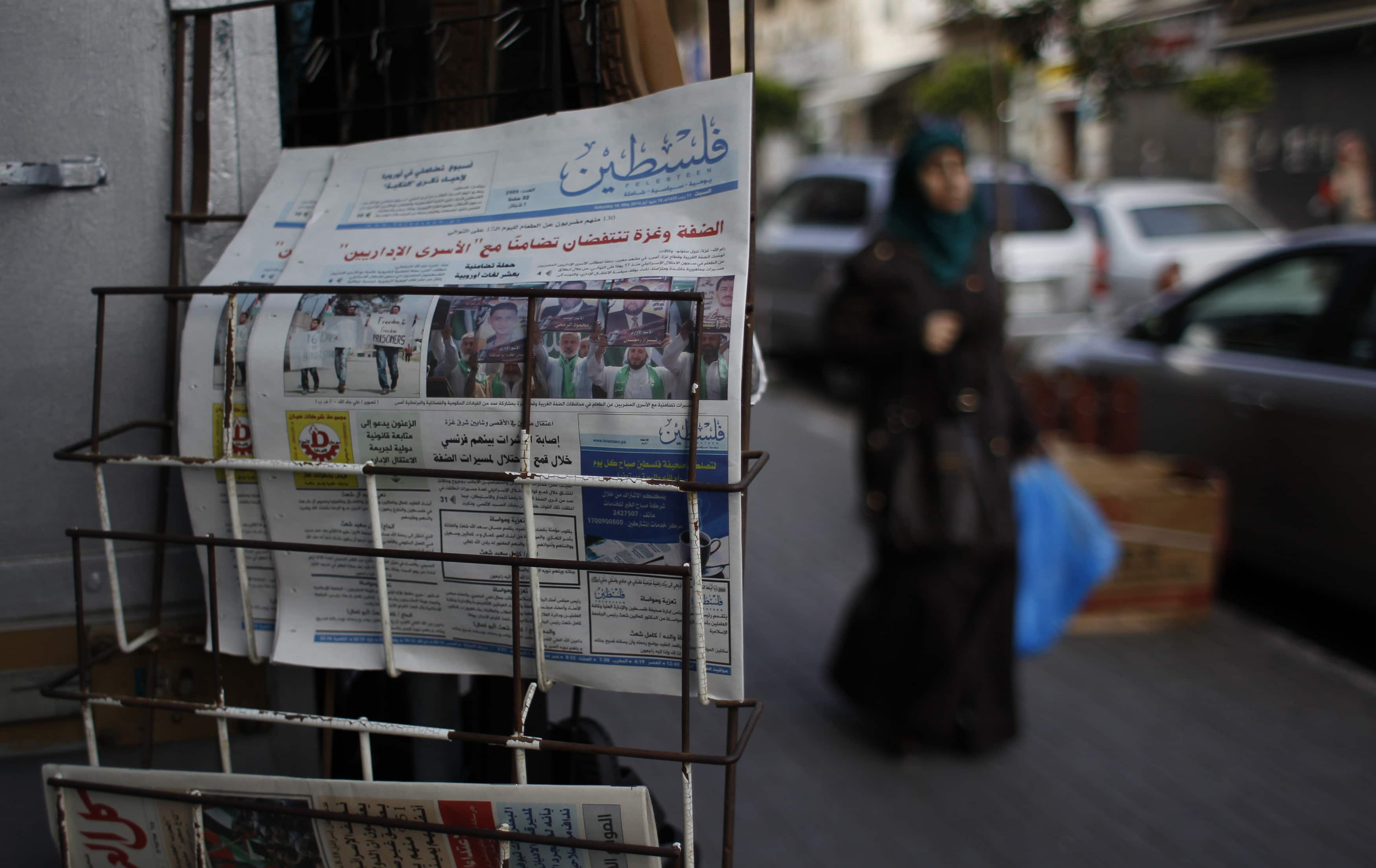
Israel raids publishing house
Israeli soldiers raid publishing company to keep it from distributing Gaza newspapers in West Bank.
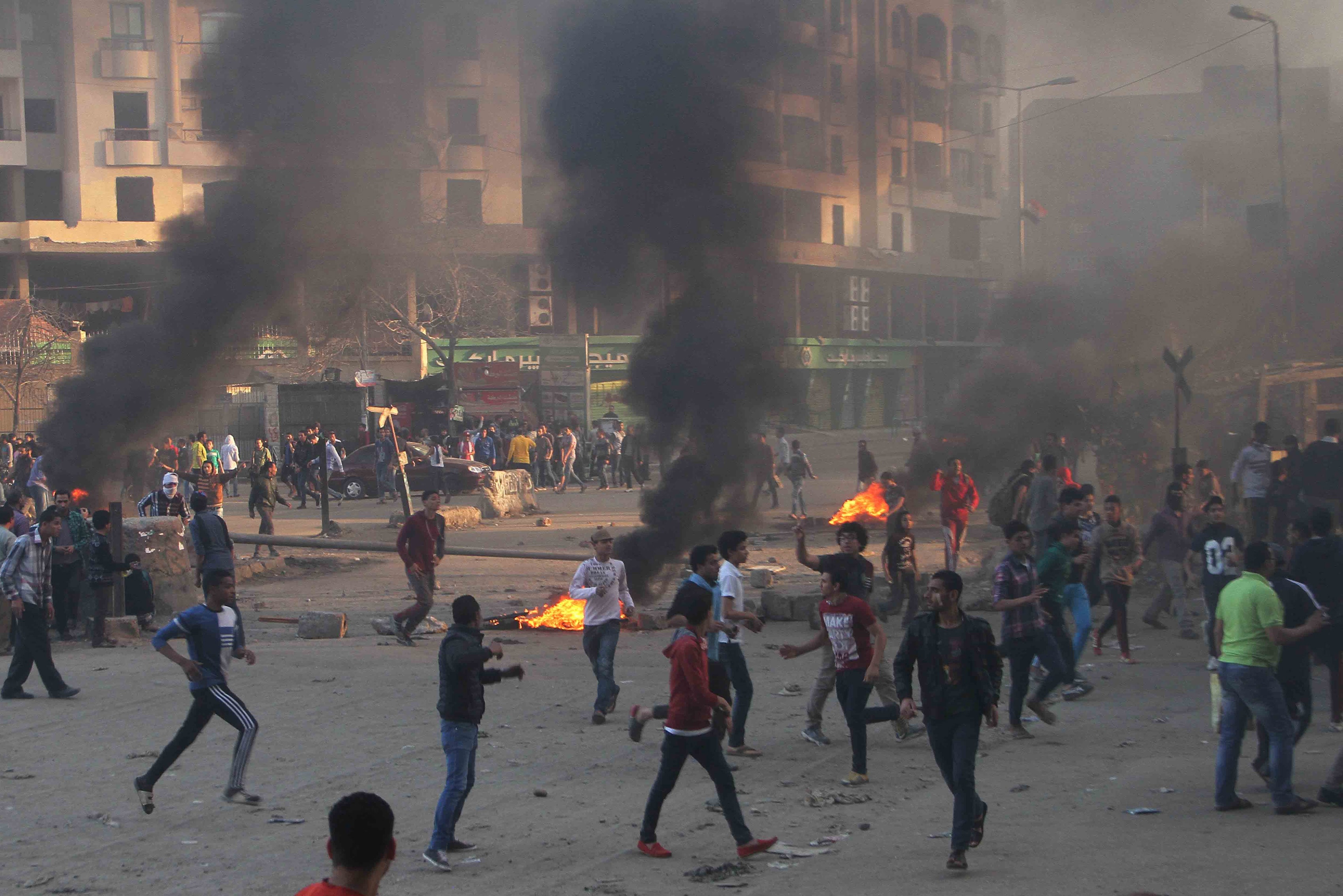
Young reporter shot dead in Egypt while covering clashes between police and protesters
Mayada Ashraf, a 22-year-old Egyptian reporter for the Al-Dustour daily newspaper, was one of three people killed during protests that erupted following Abdel Fattah El-Sisi’s decision to resign from the military and run for president.
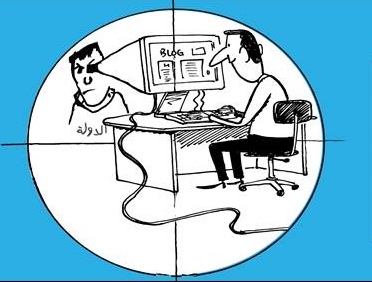
Lebanese government moves to control expression in the online realm
Although Lebanon has long been considered to have one of the most open and diverse media environments in a region dominated by dictatorships, it is no stranger to restrictions on free expression.
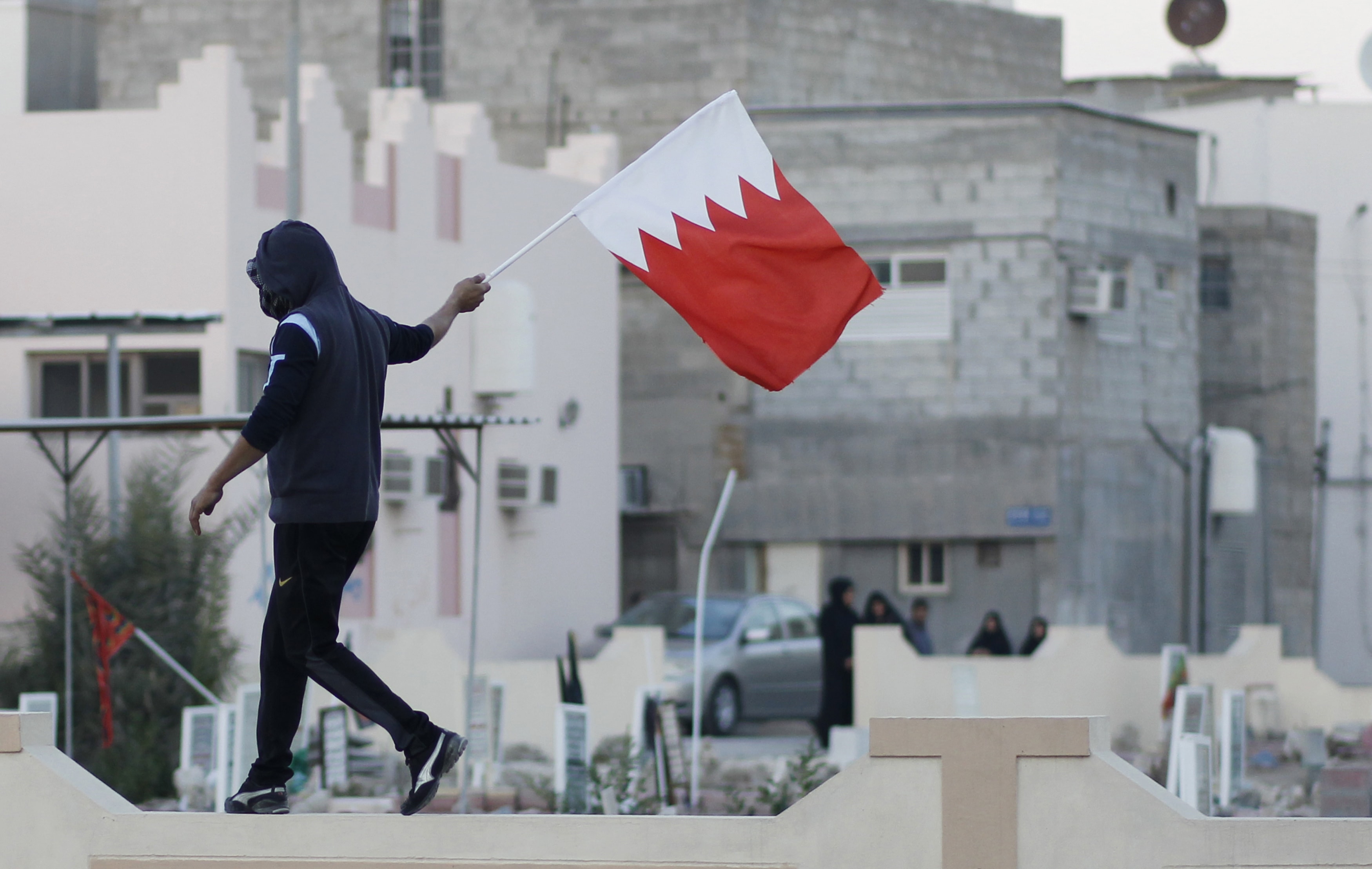
Tear gas and birdshot mark third anniversary of Bahrain’s uprising
Bahraini protesters marking the third anniversary of the country’s uprising in the capital city of Manama and surrounding villages were met by security forces on 14 February 2014 with tear gas, birdshot and arrests.
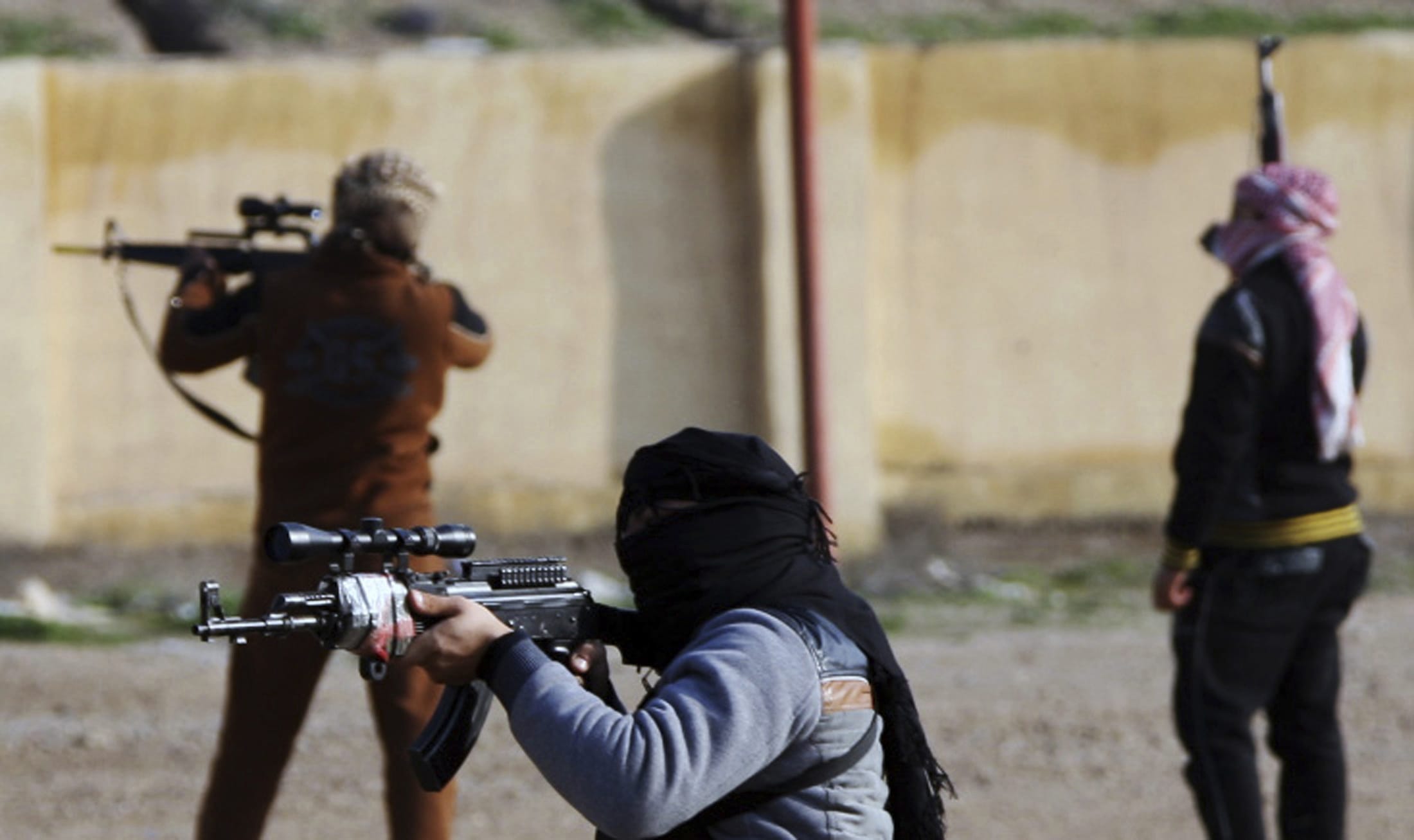
Journalists killed in Iraq more often targeted than caught in crossfire
Given the climate of rising violence in Iraq, it is surprising that being caught in the crossfire has not been the greatest risk to journalists’ lives.
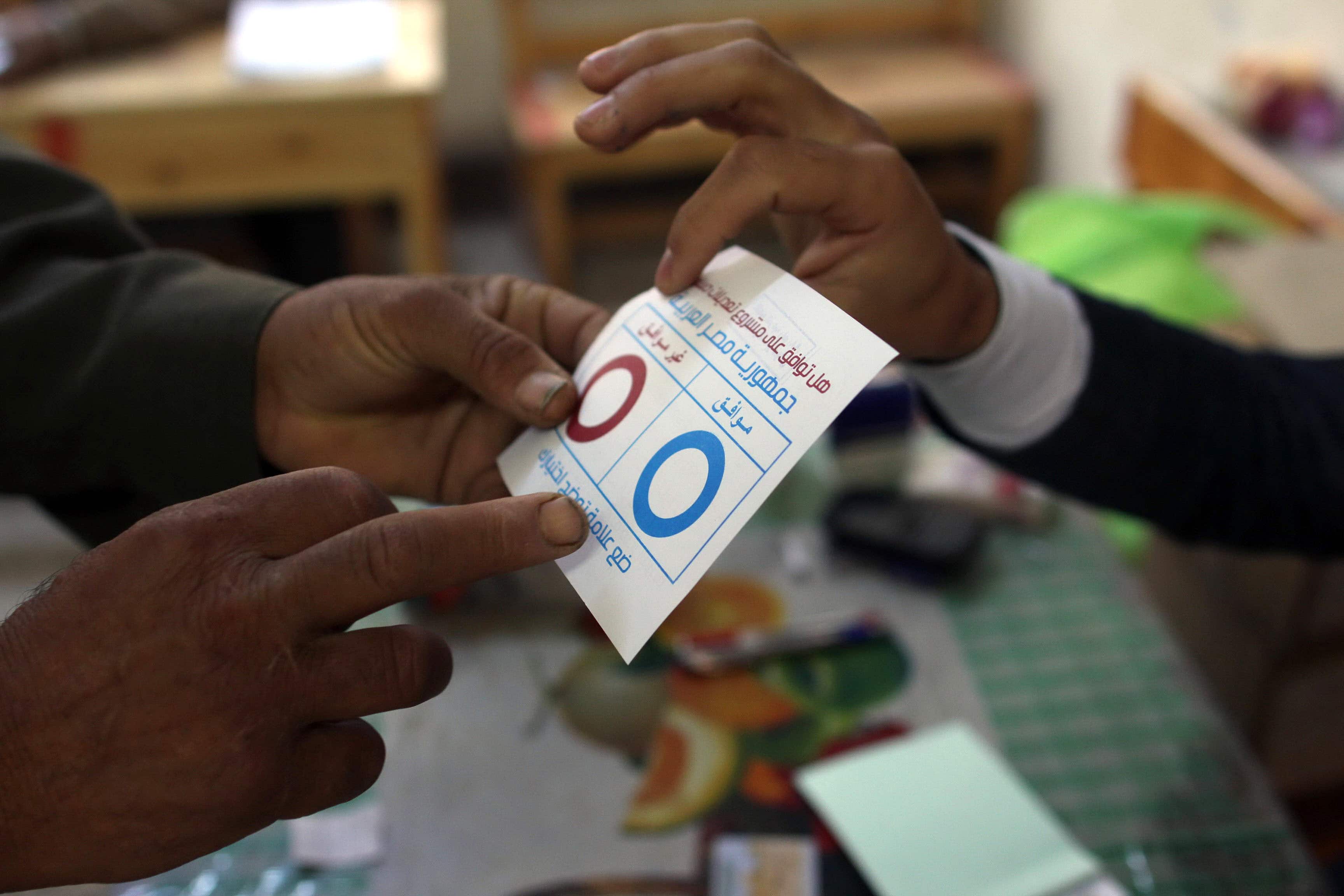
The new constitution: Why Egyptians shouldn’t be rejoicing just yet
Egyptian voters have overwhelmingly approved the new military-backed constitution giving General Abdel Fattah El-Sisi the legitimacy he seeks to strengthen the army’s grip on the country. Although it is considered preferable to the last constitution, local rights groups have voiced their reservations regarding its efficacy.
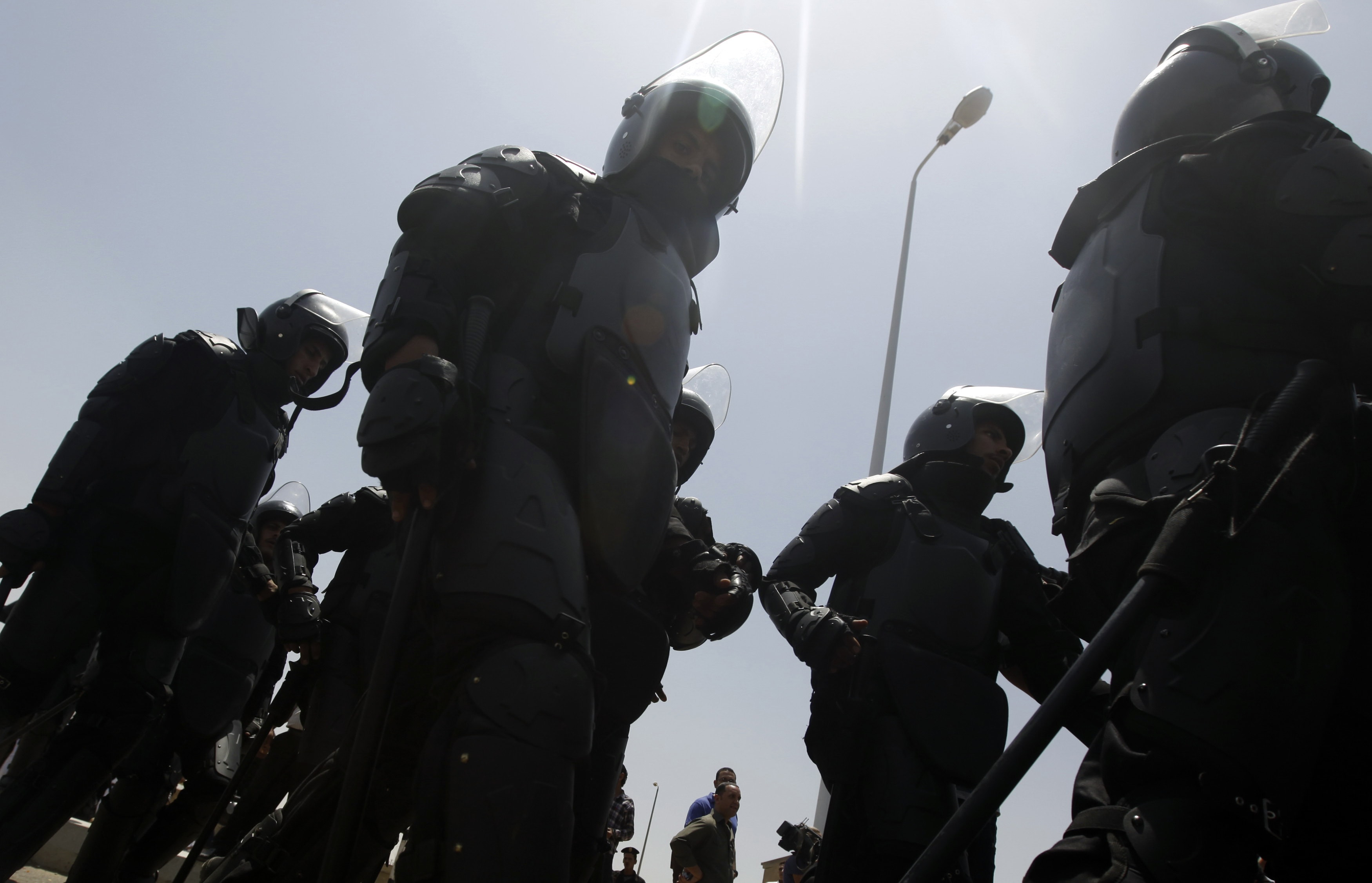
When it comes to the practice of torture, it’s business as usual in Egypt
Although calls for an in-depth reform of the security apparatus in Egypt have been ongoing since the 25 January 2011 revolution, torture in the country’s police stations continues unabated.